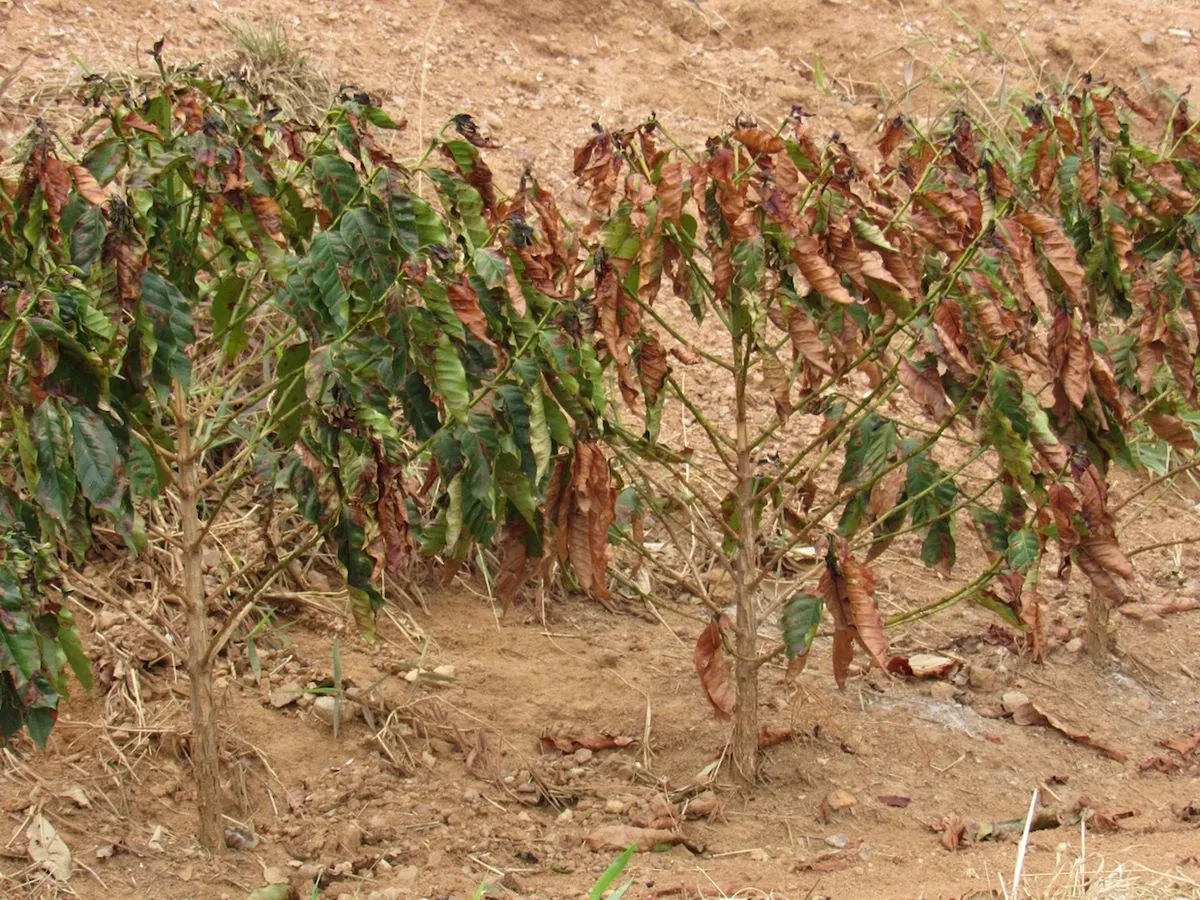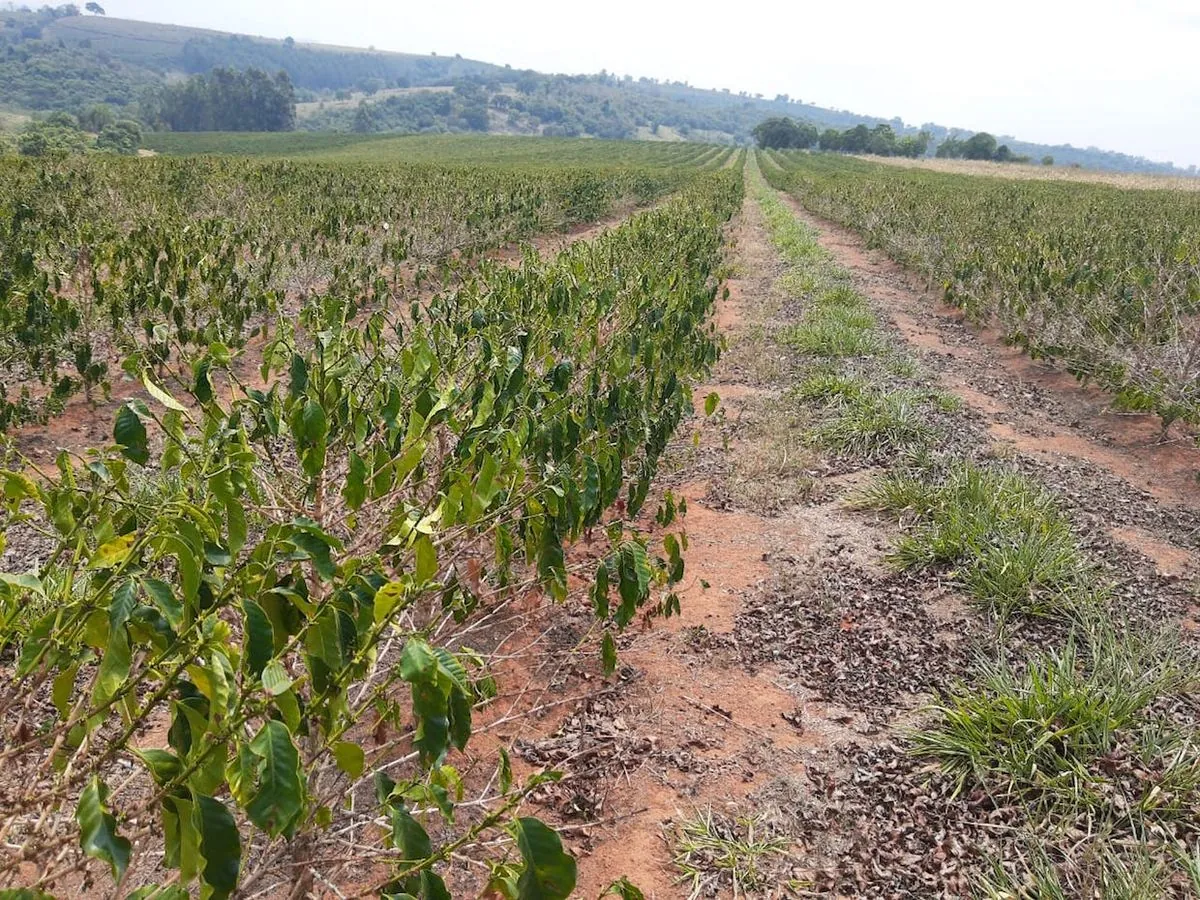Brazil's Coffee Sector Faces Drought and Fire Challenges
Brazil's coffee industry grapples with severe drought and wildfires, impacting production and global prices. Smallholder farmers struggle as environmental factors threaten their livelihoods and future harvests.

In Caconde, a key coffee-growing region of São Paulo state, Silvio Almeida's plantation is facing unprecedented challenges. Despite its ideal altitude and clay-rich soil, Almeida's farm is struggling with Brazil's most severe drought in over seven decades, coupled with above-average temperatures. This environmental crisis is not only affecting current harvests but also threatening future yields.
Brazil, the world's largest coffee producer, is experiencing a significant downturn in production. Almeida's experience reflects a broader trend across the country. He managed to harvest only 100 sacks of coffee beans this season, falling short of his expected 120 sacks. The situation is so dire that Almeida believes the 2025 crop is already compromised, with flower buds dying before blooming.

The impact of this drought extends beyond Brazil's borders. Vietnam, the second-largest coffee producer globally, is also grappling with heat and drought, further straining global coffee supplies. These supply concerns, coupled with increasing demand, particularly in Asia, have led to a surge in coffee prices. In August 2024, the International Coffee Organization's Composite Indicator Price averaged $2.38 per pound, marking a nearly 55% increase from the previous year.
While current prices haven't reached the record highs seen in the late 1970s when a severe frost decimated 70% of Brazil's coffee plants, the upward trend is concerning. The market is closely monitoring how Brazilian coffee plants endure these adverse climate conditions, which can affect flowering, cherry development, and bean quality.
Adding to the farmers' woes, uncontrolled wildfires have been ravaging protected areas and farms across Brazil. In Caconde, recent fires affected 519 hectares, with 15% of the damaged area being coffee plantations. Almeida lost 2,000 of his 15,000 plants to the blaze, while his neighbor, João Rodrigues Martins, lost his entire 2,500-plant crop.
"Faith is a boat that helps us navigate life."
For smallholders like Martins, whose livelihood depends entirely on coffee sales, these environmental challenges are devastating. Despite the hardships, these farmers display remarkable resilience, with Martins even risking his life to save his bee boxes during the fire.
Brazil's coffee industry, which employs over 8 million people directly and indirectly, is at a critical juncture. The country has been developing drought-resistant coffee varieties and implementing sustainable production practices to cope with changing climate conditions. However, the current crisis underscores the urgent need for more robust measures to protect this vital sector of the Brazilian economy.
As the world's largest coffee producer, accounting for about one-third of global production, Brazil's struggles have far-reaching implications for the global coffee market. The industry's future hinges on its ability to adapt to these environmental challenges while supporting the resilient smallholder farmers who form the backbone of Brazilian coffee production.


































